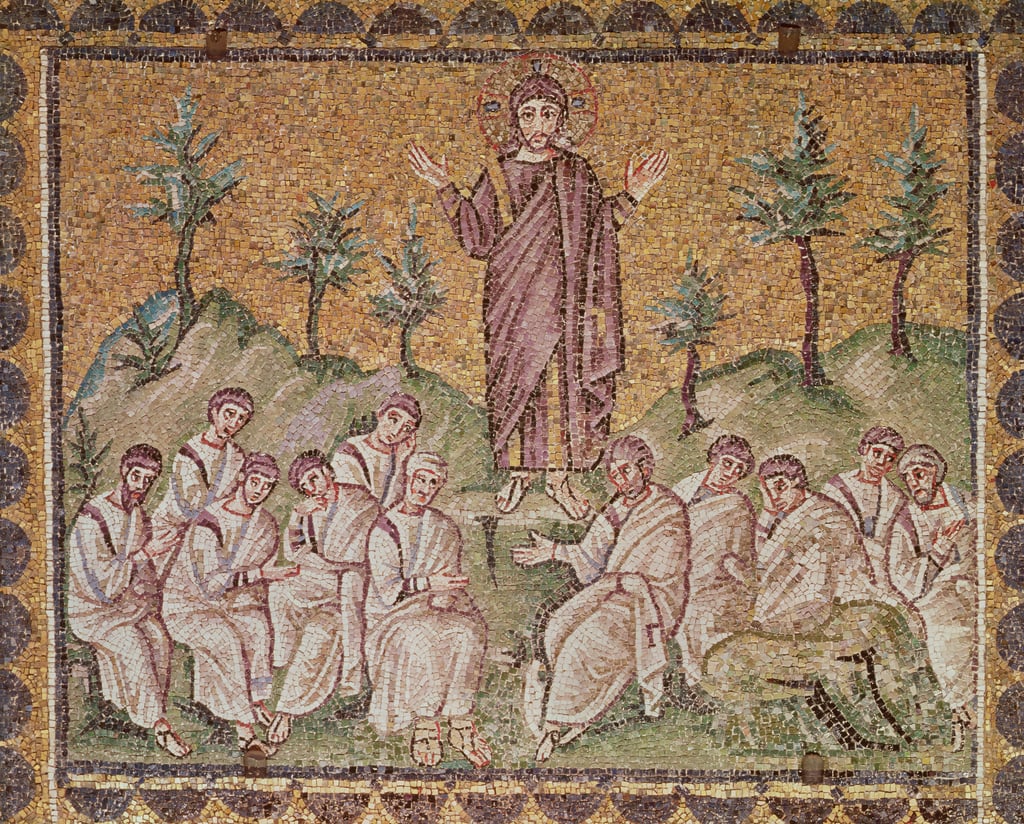Mat 22:35-46 2023/09/17 Osaka Church
In the name of the Father and the Son and the Holy Spirit
“Love the Lord your God with all your heart, soul, and mind,” and further, “Love your neighbor as yourself.” Christ then added that these two commandments were “the same thing.”
Jesus connected these two things by saying that loving God means loving your neighbor, and on the flip side, you can practice love for God by loving your neighbor. We may understand this. But if to love God is to love one’s neighbor, then to love one’s neighbor is to love God.” Do you understand what this means? Isn’t that circular reasoning? First of all, what do “loving God” and “loving your neighbor” mean separately? If you don’t understand that, there’s no point in this discussion.
Christ teaches this in another place:
“Do not judge others, and you will not be judged. … Forgive, and you will be forgiven.” He says that not judging is forgiving.
Christ, who was crucified, showed loving as “forgiving.” In the midst of His suffering on the cross, the Lord prayed to God for those who tormented Him. “Father, forgive them, for they know not what they do” (Luke 23:34). The Lord Himself showed His love by not judging, but by forgiving. To love, first of all, is to not judge.
“Judgment” here is different from judgment by law. Legal judgement is necessary to protect the safety and fairness of social life and the fundamental rights of people. Instead, it’s about how we think of people, and characterizing them in a category in your mind and putting them away on a shelf. We tend to categorize people by labeling them as “that kind of person.” There is a different side of the heart that doesn’t appear in every person now, a history of the heart that you can’t help but shed tears with when you know it, and that kind of thing is hidden in each person, and someday it will become visible. Even though something new might be created “out of nothing” within that person and shine, we turn a blind eye to that possibility and quickly “put them away”. This is “judgment”. Not daring to categorize people, enduring the ambiguity of withholding judgment, and continuing to wait is to “not judge” and “forgive” which is the first step of“loving.”
Additionally, the Lord taught us this. “Love your neighbor as yourself.” In other words, “Love yourself as you love your neighbor.” If the first step in loving your neighbor is not to judge him, then it also means not to judge yourself. It means not categorizing yourself and enduring the ambiguity of suspending judgment about yourself. “I’m no good anymore.” What we must do is to stop, no matter how painful, before you judge yourself by saying that “I don’t deserve to live anymore.”
Some of you may have already noticed this.
The first commandment, “Love God with all your heart, soul, and mind,” also means “not judging” God, that is, “not dividing God into categories.” No matter how much knowledge the Bible or the church teaches, it does not reach a full understanding of God. God is “unspeakable, unknowable, unseen, unmeasurable” (Holy Liturgy). God’s light shines out from the depths of endless darkness. Faith means turning around and jumping into that elusive darkness.
If we love God, who is in that elusive darkness, we cannot judge each other as we are created in God’s image. The origin of love is love for God. “The fear of God is the beginning of wisdom,” the Book of Proverbs teaches. The origin of fearing God is to avoid viewing God as bound by the limits of human words, and to tremble in the face of the mystery of God, a mystery that can only be described as “holy.” Those who experience that trembling will be the first to see the mysteries originating from God, which cannot be judged or understood, in each of us humans created by God in his own image and likeness , and a look of love is born. Let us wait without judgment towards our neighbors or towards ourselves. This is the starting point of love.

